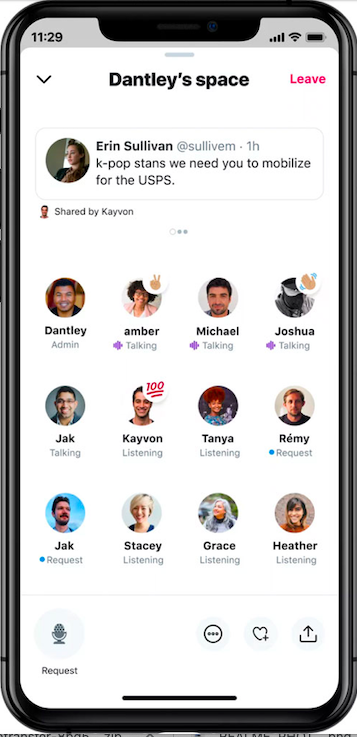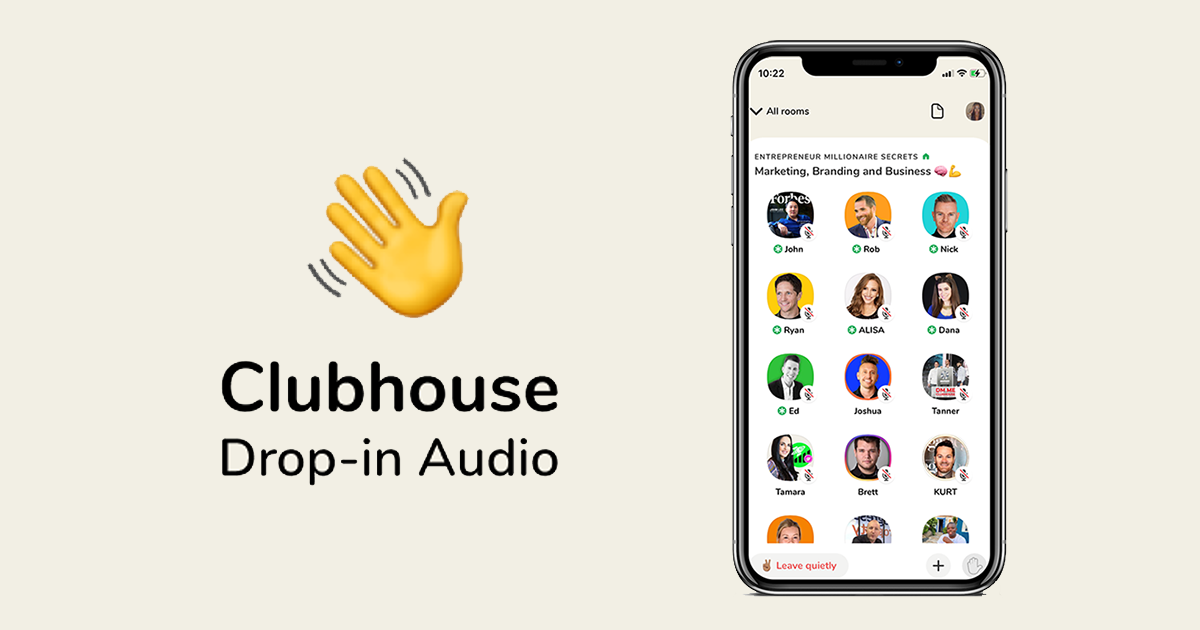Will This Change Give Twitter the Upper Hand over Clubhouse?
Ever since audio-chat app Clubhouse showed signs of becoming a potential threat, social media giants have created and fine-tuned their very own audio-chat features.
Twitter showed its competitive streak in designing ‘Spaces’: a Clubhouse clone with some added perks.
Twitter has the upper-hand in many senses – it has a pre-established user base, a range of feature upgrades for the Spaces UI and, whilst Clubhouse remains in invite-only mode, Twitter already allows all users to join and listen in on Spaces broadcasts.
And, from next month, Twitter Spaces will be opened up entirely to the public, as everyone will then then be able to create their own audio rooms.
That means that Twitter’s 192 million daily active users will be able to give the function a whirl.
As reported by The Verge, “Twitter’s plans aren’t set in stone, but the gist is that they’re trying to get the product into a state where anyone can host a Twitter Space starting in April. April is the goal.”

Will the heightened accessibility of Twitter’s Spaces give it the upper hand? Will it be crowned the “winner” in this audio-chat battle?
Clubhouse is already, in some ways, disadvantaged – it is the newbie in the game, it might not have been as tactical with its evolution as Twitter has and is highly reproducible, hence why the tech titans have taken bits of its infrastructure for their own.
The exclusive nature of Clubhouse also means a limited reach and a less lucrative ecosystem. Naturally, creators will eventually gravitate to the largest audience, in order to maximise their opportunities and monetise their efforts.

Some, however, will argue that Clubhouse fosters quality audio-chats, has a more refined flow and stronger interest-focused groups, down to its exclusive, tighter-knit community of 2 million users.
So, Twitter Spaces or Clubhouse? What’s your take?
Finally, for our previous #SocialShort, click here.






